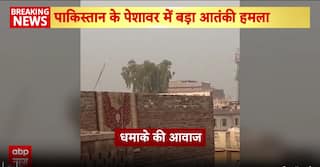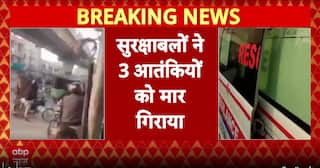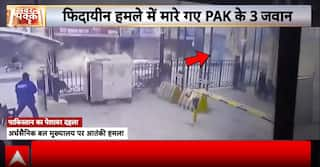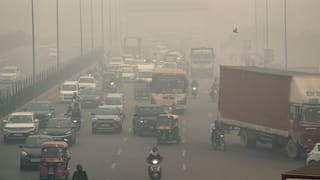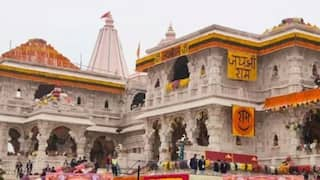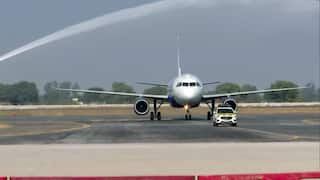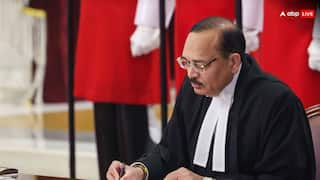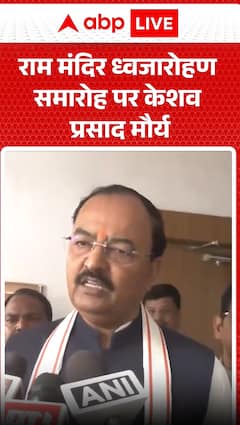Omicron Scare: Govt Issues FAQs For Incoming International Passengers
The Ministry of Civil Aviation in a release said these steps are being taken to ensure the good health and safety of every citizen of the country so that the subsequent problems do not arise.

New Delhi: With the Omicron coronavirus variant sparking fresh fears around the world, the Indian government has issued a detailed Frequently Asked Questions (FAQs) for better understanding of the passengers and to enable them for safe, secure and hassle-free international air travel.
The Ministry of Civil Aviation in a release said these steps are being taken to ensure the good health and safety of every citizen of the country so that the subsequent problems do not arise.
The ministry shared the following frequently asked questions:
What kind of RT-PCR tests have been approved by Indian Council of Medical Research (ICMR) following systems for molecular testing of SARS-CoV-2 at airports?
Clarification: ICMR has approved the following systems for molecular testing of SARS-CoV-2 (all these systems are considered equivalent to RTPCR). All the labs conducting the tests would follow the ICMR/ Ministry of Health and Family Welfare (MoHFW) guidelines to ensure genome sequencing for all positive cases.
- Open system RTPCR
- TrueNat
- GeneXpert
- RTLAMP
- CRISPR/TATAMD CHECK/FELUDA
- Abbott ID Now
- Accula by Thermofisher
- Rapid RTPCR
- CoviDx DirectPlex
The airports are directed by the Ministry of Civil Aviation to facilitate the RT-PCR testing of passengers by extending the required facilities and logistics.
Some travellers excluding from those countries at risk (as per latest MoHFW guidelines) would be subject to post-arrival testing at random. Whether they need to wait at the airports till the test result is received? Can they be allowed to leave the airport of entry to reduce the crowding at the airport?
Clarification: Travellers undergoing random sampling may give the sample and be allowed to leave. Now, the random sampling would be limited to 2 percent as per latest MoHFW guidelines and it would be on self-paid basis. Airlines/Airports may co-ordinate with the officials of the state/UT governments to select the passenger at random sampling.
If the travellers from countries (excluding those countries at risk) are transiting through the airports of countries ‘at risk,’ but staying within the airports, can they be exempted from the post-arrival testing based on the self-declaration form?
Clarification: Post-arrival testing can be exempted if a person is travelling from a ‘not at risk’ country and has only a transit (without leaving immigration) in ‘at risk’ country before taking the destination flight. However, if the person has travelled to any ‘at risk’ country in last 14 days, he/she will be asked for post arrival testing and other additional restrictions, etc.
Submission of sample for post-arrival Covid-19 test at the point of arrival (self-paid). Such travellers will be required to wait for their test results at the arrival airport before leaving or taking a connecting flight.
Clarification: This means after the negative results are received, the passengers can take connecting flights to reach their final destination.
Can exit of passengers can be phase-wise as the results are received so that all need not wait till the result is received for every passenger of the particular flight?
Clarification: A passenger can exit the airport or can take connecting flights for final destination once the negative report is received. He/she need not wait for the report of all the co-passengers.
This comes as 11 countries, including South Africa, Brazil, Zimbabwe, China, Botswana, Zealand, Israel, Mauritius, Hong Kong, the United Kingdom and Singapore, have been categorised as ‘at risk’ nations.












